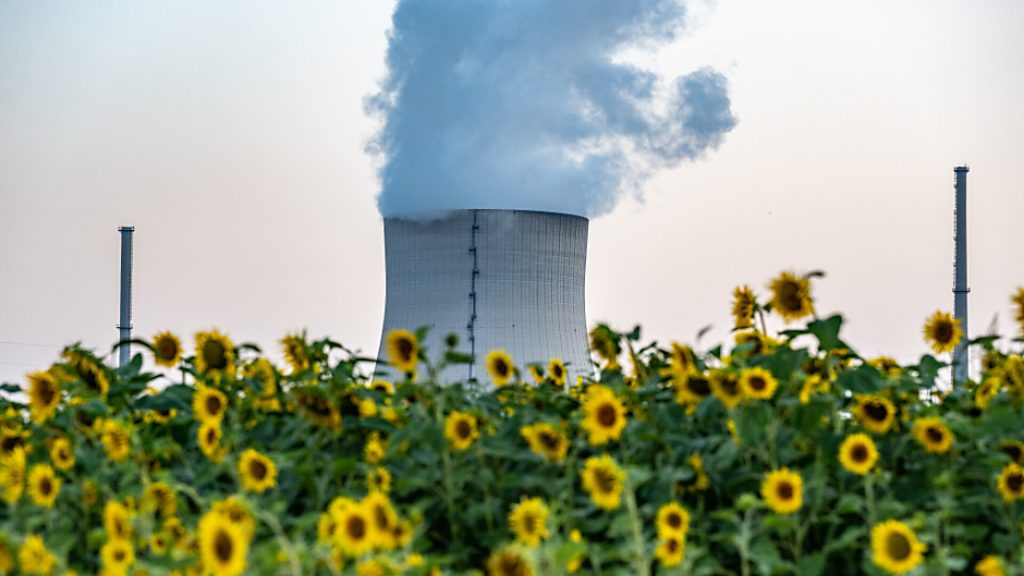The second network stress test came to the conclusion that “crisis situations in the electricity system that lasted an hour in the winter of 22/23 are highly unlikely, but cannot be completely ruled out at the present time,” according to a statement from his ministry. . “We are not in a position where we can hope for the best, we have to expect the worst,” Habeck said. It cannot be excluded that nuclear power plants can contribute to the tense situation. He said about the operation of nuclear power plants that this debate traditionally causes high political waves in Germany, gathers many feelings and occupies the republic for a long time.
With Russia providing less gas and given the sharp rise in energy prices, discussions have been going on in Germany for months about the possibility of a longer operation of the three remaining nuclear power plants. According to Habeck, the remaining Meiler Isar 2 in Lower Bavaria, Emsland in Lower Saxony, and Niccarwestheim 2 in Baden-Württemberg are also planned to be decommissioned at the end of the year. “We are committed to phasing out nuclear energy as stipulated in the Atomic Energy Act,” he said.
“All parties have their position on this,” Habek said. “Some of them corrected their position, others did not, and some constantly correct their position.” His job in this case is to free himself from it. “We as a government and I, as the minister responsible for security of supplies in Germany, have to make the right decision. I will do whatever is necessary to ensure this security of supplies,” he said.
Previously, not only the opposition Union, but also the Free Democratic Party, which is part of the government, campaigned for the continued operation of nuclear power plants. The FDP is not satisfied with the fact that only two of three potential nuclear power plants will be held in reserve. “It makes sense to enable every kWh climate-neutral now, because gas-fired power plants are raising prices,” FDP Deputy Johannes Vogel said on Twitter. Vogel continues: “Habeck’s emergency reserve is a move, but it also emerges as a political emergency exit. The FDP remains attentive: for the continued operation of the three nuclear power plants!”
Union faction leaders criticized the German government’s decision to hold two of the three remaining nuclear power plants as emergency reserves until mid-April as a fatal mistake and motivated by partisan politics. “In this crisis, the three nuclear power plants can provide Germany with safe, reliable and affordable power and electricity. They should continue to do so for at least the next two winters,” said Jens Spahn, deputy leader of the Union faction. Monday in Berlin.

“Food practitioner. Bacon guru. Infuriatingly humble zombie enthusiast. Total student.”








More Stories
Kyiv: Russian Kursk offensive halted
US Presidential Election: Former US Government Officials Warn Against Donald Trump's Election
Netherlands wants to leave asylum system